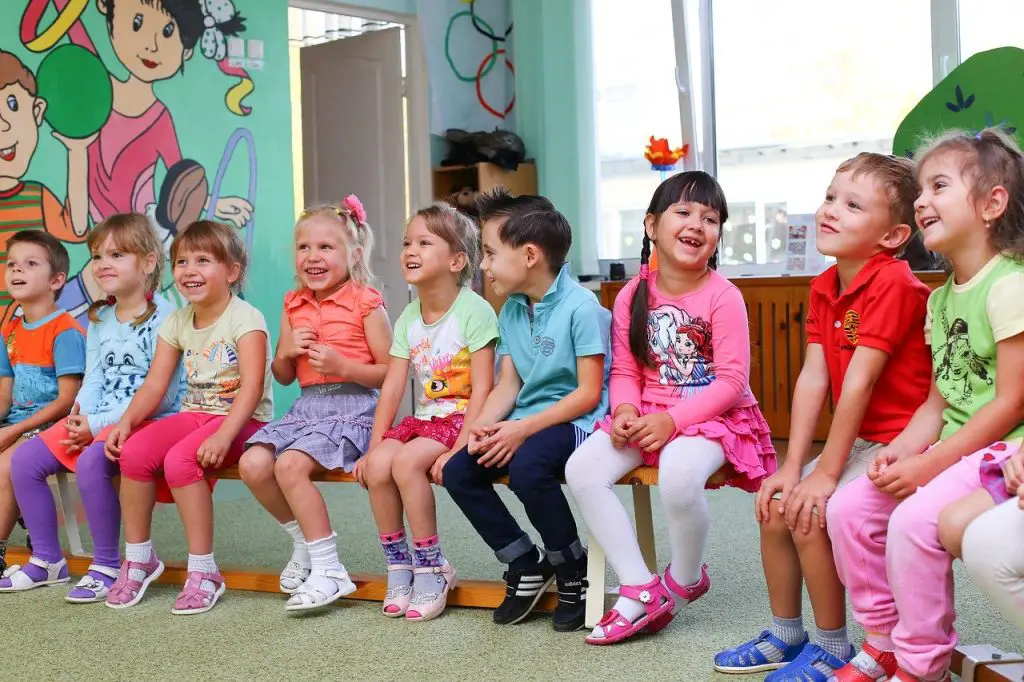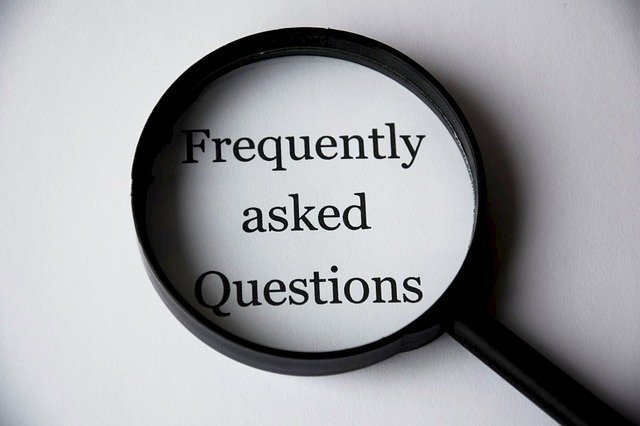Many parents take their children to preschool, hoping that they will learn social skills fast and interact well with other kids.
However, sometimes this is not the case. In their first few days, they start observing more aggressive behaviors, defiance, and even increased rudeness.
These behavior problems are brought home by your otherwise faultless kid!
The good news is that this is common! This article will help you understand why your child is acting in this manner and ways to deal with 3-year-old behavior problems at preschool.
What Causes 3-Year-Old Behavior Problems At Preschool?
To tackle a problem, you first need to understand its root. Some of the common causes of behavior problems for preschool kids include:

Effects of Early Day-care
According to the NICHHD (National Institute of Child and Human Development) report on a research that studied the adaptability of children under 5 years to preschool, kids who spent as low as 3 hours in day-care experienced a high-level behavior problem once they got enrolled in preschool.
It may be because of being away from a familiar environment, but the study is yet to reveal what the effect is for kids at day-care, which makes them grow more defiant.
High-Stress Levels
Just like adults, kids too get stressed over different environmental conditions. If a kid feels as if they are not in a safe place, some will resolve to defensive behavior, which includes lying, throwing tantrums, or even resolving to baby talk.
If a parent or guardian is away and the kid gets away with such responses to stress, likely, they will always use it to handle their stress even after they are past the pre-school age.
-

Bold Male Pride – Baseball Trucker Cap Celebrating Masculinity
£18.00 Select options This product has multiple variants. The options may be chosen on the product page -

Dad Bod Appreciation Gift Mug
£14.00 Add to cart -

Dad Bod, Bad Jokes Structured Baseball Cap
£22.00 Select options This product has multiple variants. The options may be chosen on the product page
Copied Behaviour
Kids learn quite fast thanks to their growing brains. Also, it is not easy for a kid to tell if the behavior is wrong. As long as someone is getting away with it in school, they can get away with the same.
If a teacher is not able to correct a different child who is misbehaving, then chances are that other kids in the class will adopt the same behavior.
Ever notice when kids are put together, the moment one starts crying, it is likely that another will? Given that kids cannot always think independently, they will follow what seems to be okay at that moment.
Effects of Early Parenting
As a parent, you need to understand that you play a big role in how your child grows to behave. You should train a child to behave well from the moment they start noticing things in a room.
If a child is never taught how to tell right from wrong, they will carry a deviant behavior to their preschool.
At times, absent parents may contribute to negative early parenting since house helps may not always be in a position to teach kids better behavior.
Unconcerned Teachers in the Classroom
Another encourager for bad behavior among preschool kids is a school environment that does not have enough room for a supervisor to control or manage poor decision-making skills.
A good training ground for kids under five is an environment that encourages intimate interactions between the teacher and the students. This helps teachers quickly respond to uncalled-for tantrums, fighting kids and those who won’t simply obey.
Ways to Combat Behavior Problems At Preschool

Now that we know the likely causes of bad behavior among 3-year olds, we can now see some of the ways that help solve the problem.
Some of the highly recommended solutions include:
Be the First Behaviour Tutor for Your Kids
The first place that shapes a kid’s behavior is at home. If a kid can master the right responses to different experiences from home, they will likely use the same skills in school and other social gatherings.
As a parent, being caring and supportive will help your kid understand that they have nothing to fear. Hence, they will learn to respect adult decisions and wishes.
They grow to be obedient and also mindful of other people’s emotions and needs.
Enroll Your Child in a Small Class
Smaller groups or children are easier to control and get intimate with. Therefore, it is not easy for a teacher to miss a child’s need when the numbers are few.
It is also easier for children to learn good social skills from fewer friends.
Make Sure That the Teacher is Competent
Just because a classroom is small does not mean the teacher is competent enough to handle how children behave. Ensure that your child is enrolled at a school with a good record of handling kids and good performance.
This way, you can be sure that the teachers and the school’s administration are part of your team in bringing up a well-behaved kid.
Give Children Time to Play
When a kid is not allowed to play and have fun, not only in the house but also with other kids, they tend to grow up distant from other kids and sometimes very possessive.
When kids play, they release excess energy from their body and so have more positive responses when corrected.
Work on Communication Skills
There is so much you can do for your 3-year old to make sure that they behave right. If you do not teach them how to communicate better, your work will be harder.
A child needs to know how to ask politely, exercise self-control when wronged and decently approach a disturbing matter.
Frequently Asked Questions

Is it normal for a 3-year-old to be aggressive?
A child who is just learning how to be comfortable with other people might show a great level of aggressive behavior. Sharing and asking does not come naturally to kids unless they are taught how to. By the age of 3, a child should have already started to learn the ask-and-you-shall-receive rule.
How can I help my 3-year-old with bad behavior?
The best way to help your child get rid of bad behavior is by teaching them good behavior and the benefits of exercising them. This way, they will know how to respond and act right when needed to.
When do I need to get professional help?
There are times where you have tried all you could to instill good behavior in your child. You might read all the parenting books about toddler discipline you could find and even used time-out punishment to get them to behave right with no progress. It is never wrong to ask for help at this moment. Also, if you notice that your child is oddly calm and does not seem to interact well with other kids, then this too might be a sign that you need professional help.
Conclusion
Mastering the art of parenting is not a walk in the park. You will have to put in the effort and intentionally work on your child’s response skills.
Thankfully, with a guide like the one above, you will be better placed to make better decisions in line with your kid’s behavior.
Good luck – you will need it!


